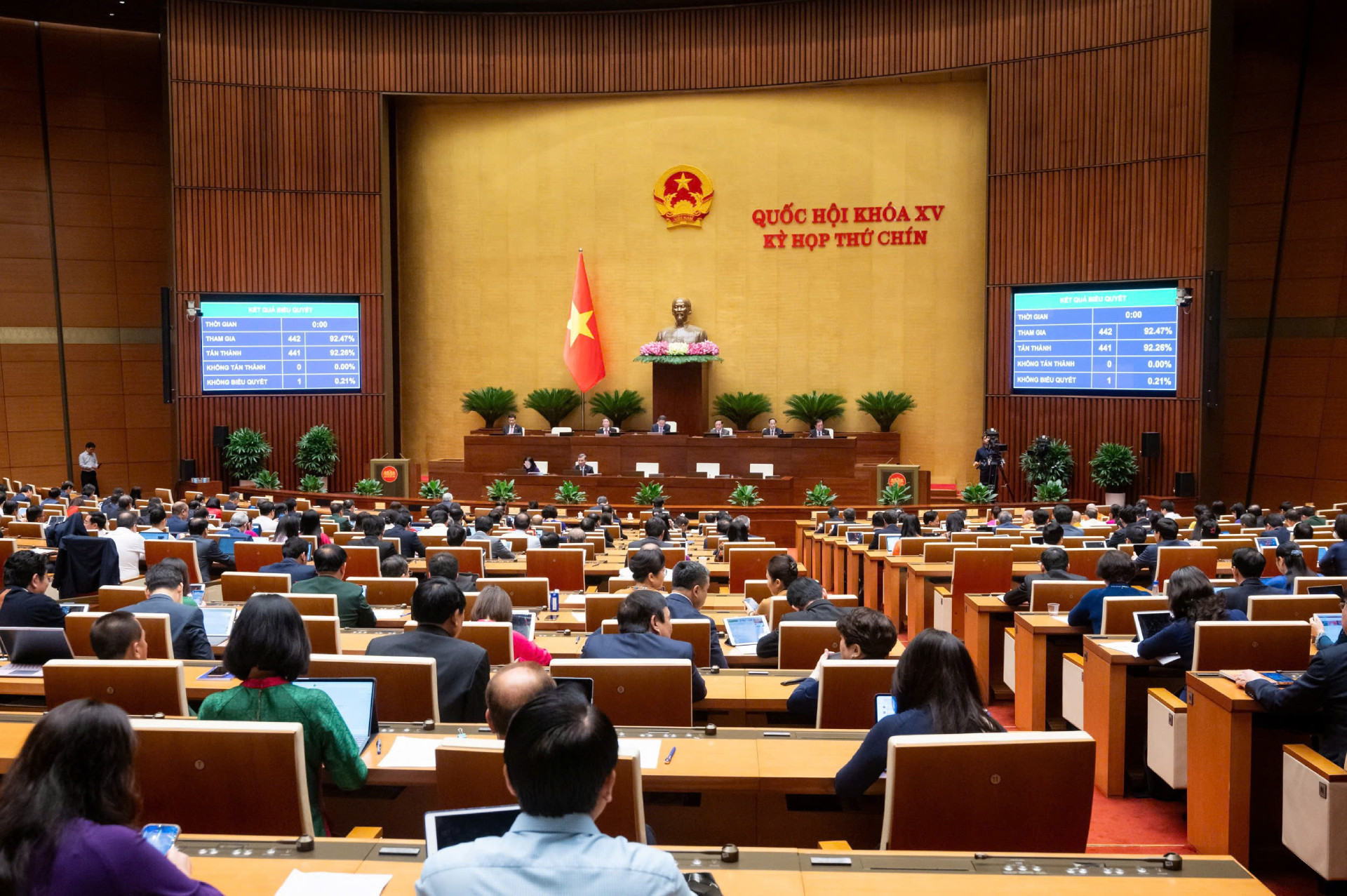The law mandates the government to actively promote the development and application of atomic energy for peaceful purposes, supporting socio-economic development, environmental protection, and improved quality of life. It also aims to strengthen national energy security and diversify investment sources for atomic energy development.
The state is responsible for ensuring budget allocations for scientific research and technology development in atomic energy, including the construction and operation of a national radiation monitoring and warning network.
Additionally, the law provides preferential policies on training, development, and recruitment of human resources, as well as investment in technical infrastructure, equipment, and laboratories for research and education institutions.
The new law also includes transitional provisions allowing the continuation of special policies enacted before its effective date for nuclear power and research reactor projects, until they are replaced or repealed by other legal documents.
Nuclear projects approved before the law takes effect will be implemented under the national power development plan, even if regional, provincial, or sectoral plans have not yet been updated.
Nuclear plant siting must ensure national defense and security
The law sets specific requirements for selecting nuclear power plant locations. Investors are responsible for conducting detailed assessments of natural and human-related factors that may impact the safety of nuclear facilities.
Site selection must consider potential radiation risks to humans and the environment, population density and distribution, and emergency response capabilities.
Furthermore, national defense, security, public order, and safety must be considered. This includes assessing risks such as unauthorized intrusion, sabotage, terrorism, and any factors affecting the security and safety of construction, testing, operation, and decommissioning phases of nuclear power plants.
The Prime Minister is authorized to approve plant locations, either before or concurrently with the decision to invest in nuclear power projects.
Comprehensive safety and security oversight throughout the plant lifecycle
Before the vote, Le Quang Huy, Chairman of the National Assembly Committee for Science, Technology, and Environment, stated that policies have been revised and clarified, assigning the government to provide detailed regulations.
These include provisions on training support, personnel incentives, public-private partnerships, and expanded international cooperation in the field of atomic energy.
The draft law has been reviewed and revised to cover all stages of nuclear power plant development, including investment, construction, operation, and decommissioning.
It also mandates safety and security supervision throughout the plant’s lifecycle, ensuring legal consistency and alignment with international practices and IAEA guidelines.
Given the critical importance of radiation, nuclear, and nuclear security safety, the law establishes a national radiation and nuclear safety authority, in compliance with IAEA requirements, international treaties to which Vietnam is a party, global norms, and Vietnam’s specific context.
The law includes a full chapter on radiation safety, radiation protection, nuclear safety, and nuclear security. It covers regulations on the storage, treatment, and disposal of radioactive waste, spent radioactive sources, and spent nuclear fuel.
Tran Thuong
